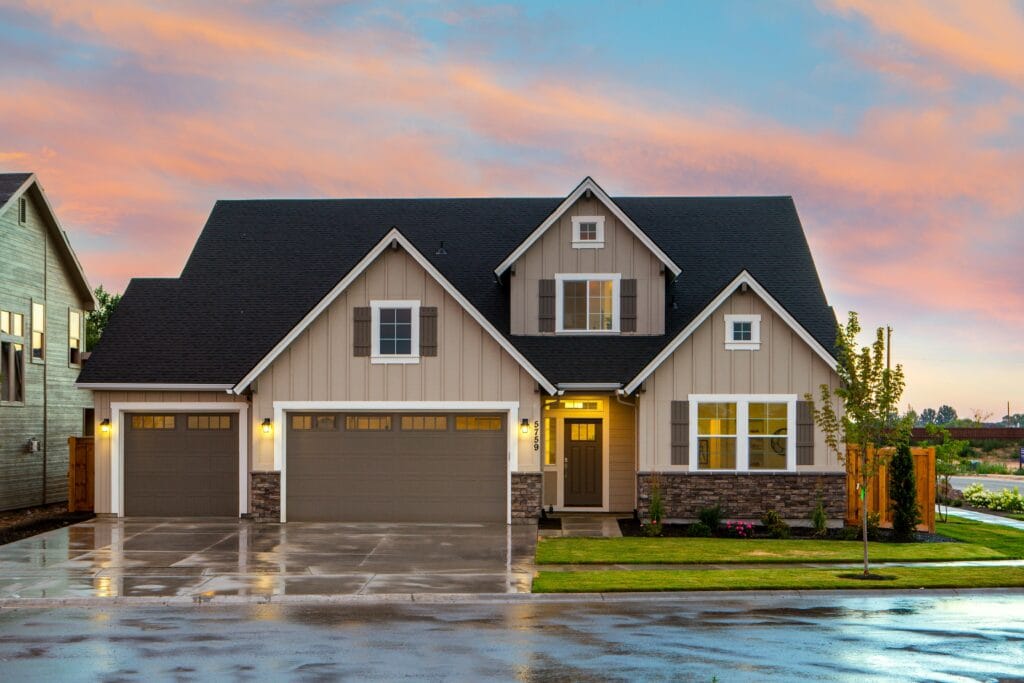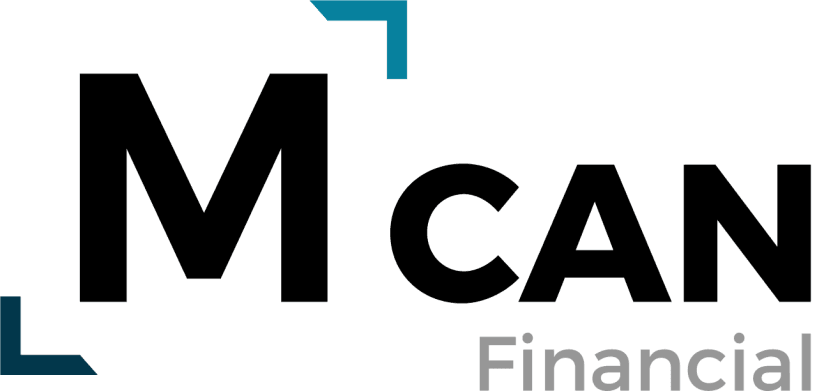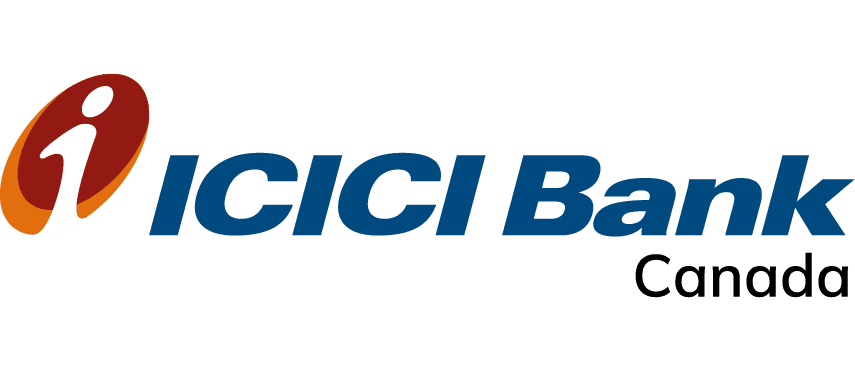When Is the Best Time to Buy a House?

1. Understanding the Real Estate Market Cycles
The real estate market is cyclical, with prices typically fluctuating based on the time of year, economic conditions, and other factors. Here’s a breakdown:
- Spring and Early Summer (March to June): Traditionally, this is the busiest time in the real estate market. The weather is more conducive to house hunting, and many families prefer to move during the summer break. However, this increased activity can lead to higher prices and more competition.
- Late Summer and Fall (July to October): As the busy season winds down, competition decreases, and sellers may become more motivated. You might find better deals during this period, but there could be fewer homes on the market.
- Winter (November to February): Winter is the slowest season for real estate. With fewer buyers, sellers who list their homes during this time may be more willing to negotiate. On the downside, there are fewer properties available, and moving in cold weather can be challenging.
Key Insight: If you’re looking for a broader selection, spring and early summer are ideal. If you’re after a good deal and less competition, late summer, fall, or winter might be your best bet.
2. The Impact of Interest Rates
Mortgage interest rates play a crucial role in determining the overall cost of your home. Even a small difference in rates can significantly affect your monthly payments and the total amount paid over the life of the loan.
- Rising Rates: When interest rates are on the rise, it might be better to buy sooner rather than later to lock in a lower rate. Waiting could result in higher monthly payments.
- Falling Rates: If interest rates are declining, it may pay off to wait a little longer, as you could secure a better rate.
Key Insight: Keep an eye on interest rate trends and consult with a mortgage professional to understand how current rates could impact your buying decision.
3. Economic Conditions and Market Trends
The broader economy also influences the real estate market. Factors like employment rates, consumer confidence, and inflation can affect home prices and buyer demand.
- Strong Economy: In a booming economy, home prices tend to rise as more people can afford to buy. While this may signal higher prices, it also means more stability in the market.
- Economic Slowdown: During economic downturns, home prices may drop, providing an opportunity to buy at a lower cost. However, financing may be harder to obtain, and the market could be more unpredictable.
Key Insight: Monitor economic indicators and consider how they might impact your long-term financial situation. A stable job and good credit history are vital, regardless of market conditions.
4. Personal Financial Readiness
Your financial health is one of the most critical factors in determining the right time to buy a house. Before you jump into the market, assess the following:
- Savings: Do you have enough saved for a down payment (typically 5-20% of the home’s value) and other associated costs like closing fees, moving expenses, and home inspections?
- Credit Score: A higher credit score can help you secure a lower mortgage rate. Check your credit score and take steps to improve it if necessary.
- Debt-to-Income Ratio: Lenders will look at your debt-to-income ratio to assess your ability to manage monthly mortgage payments. Ideally, your monthly debt payments should not exceed 36% of your gross income.
Key Insight: The best time to buy a house is when you are financially prepared. Ensure your savings, credit score, and debt levels are in check before making a move.
5. Life Circumstances
Your personal and family situation plays a significant role in the decision to buy a home. Consider your current and future needs:
- Job Stability: Are you confident in your job security? A stable job provides the financial foundation needed to support homeownership.
- Family Planning: If you’re planning to start or grow your family, consider whether your current or future home will meet those needs.
- Long-Term Plans: How long do you plan to stay in the area? Buying a home makes more sense if you plan to stay for at least 5-7 years, as this gives you time to build equity and weather market fluctuations.
Key Insight: The best time to buy a house is when it aligns with your long-term life goals and you have the financial means to support the investment.
Ready to Buy a House? Contact Me Today!
If you’ve evaluated your situation and decided that now is the right time to buy a home, I’m here to help. I serve all cities across Ontario, including Toronto, Brampton, Niagara, Ajax, Belleville, Kingston, Ottawa, and more. As an experienced mortgage professional, I will guide you through the process, ensuring you secure the best possible financing for your dream home.
Contact me today to get started on your home-buying journey. Your dream home is just a mortgage away!














